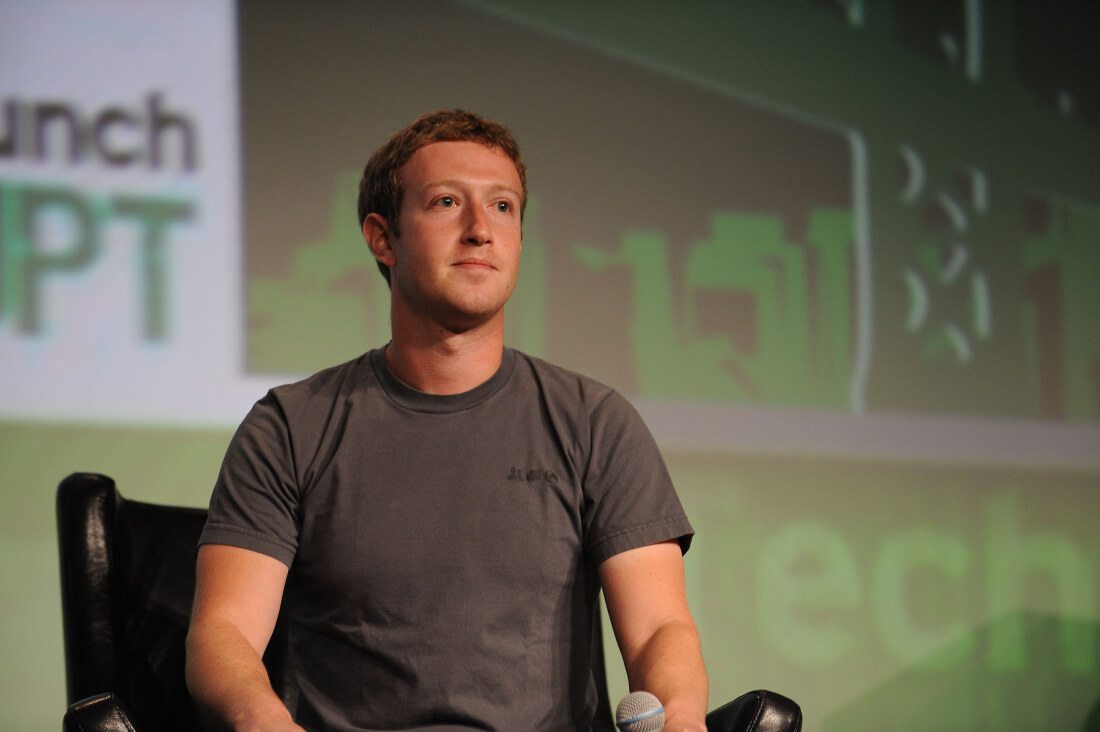As some people start to wonder how Donald Trump beat the odds and won the election, one theory put forward claims the number of fake pro-Trump stories that appeared on Facebook in the run-up to the vote played a major part in his victory. Mark Zuckerberg, who is no fan of the President-elect, says this just isn't true.
Speaking at the Technonomy conference, the Facebook CEO told interviewer David Kirkpatrick: "Personally I think the idea that fake news on Facebook, which is a very small amount of the content, influenced the election in any way --- I think is a pretty crazy idea. Voters make decisions based on their lived experience."
Zuckerberg added it took a "profound lack of empathy" to conclude that a person voted the way they did based on a fake social media news story. "If you believe that, then I don't think you have internalized the message the Trump supporters are trying to send in this election," he said.
The claim that Facebook had become a "filter bubble" - an echo chamber where people only saw the same views they held - was also dismissed. Zuckerberg argued that the site exposes users to a wider variety of opinions than the traditional media.
Even if 90% of your friends are Democrats, probably 10% are Republicans. Even if you live in some state or country you will know some people in another state, another country. That means that the information you are getting through the social system is going to be inherently more diverse than you would have gotten through news stations.
After Facebook fired its entire Trending Topics editorial team and replaced it with an algorithmic process earlier this year, the section started surfacing fake news items. An untrue story about Fox News anchor Megan Kelly being sacked from the channel for secretly supporting Hillary reached the top of the trending list after the change.
Zuckerberg did, however, admit that he has concerns about how Facebook affects the democratic process. "I really care about this. I want what we do to have a good impact on the world. I want people to have a diversity of information."
